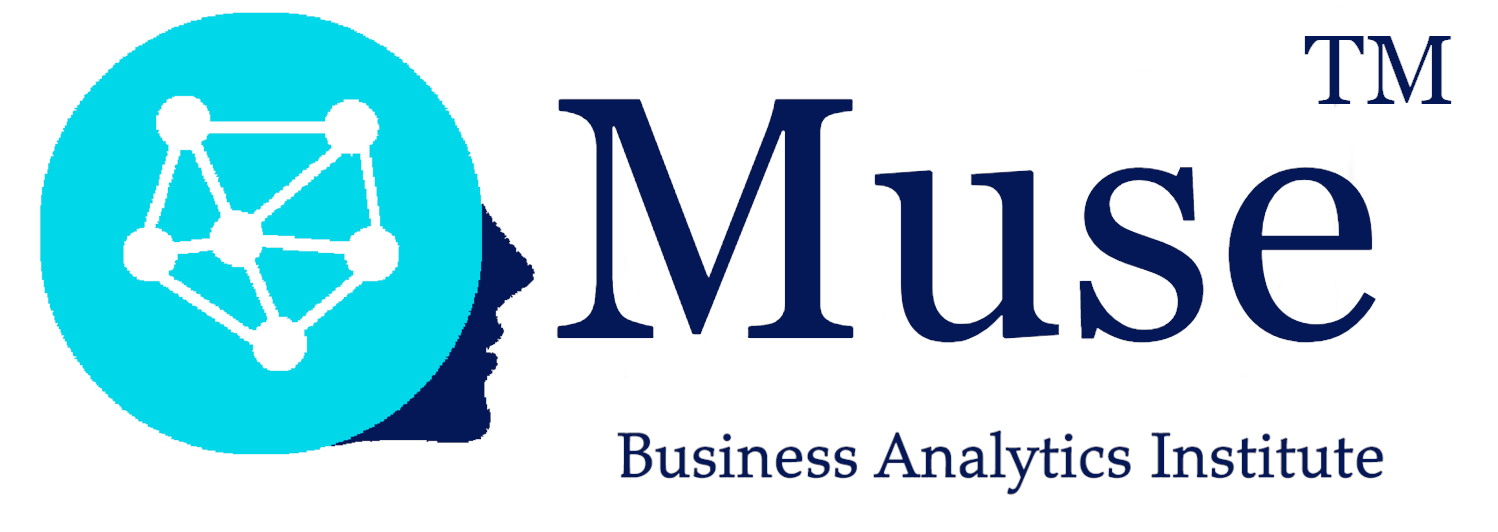AI 4 Good
‘AI for Good’ is a mindset that focuses on the process of data-driven decision making in business and society.
Artificial Intelligence (AI) can best be categorized and analyzed by its outcomes: AI can potentially be used to act, to predict, to learn, to create, to relate, and/or to master.
The ethical implications of ‘AI’ are not simple questions of right and wrong, but of appropriate use that depend on each area of application. In developing this premise, we review different angles of personal privacy, human agency, managerial accountability and implicit bias that condition how we evaluate the impact of information technology.
In the articles reviewed below, the authors both discuss the difficulties of defining the concept of ‘AI for Good’ and propose a variety of frameworks designed to help organizations enlist AI to positively impact markets and industries.
They point out that ethical assessments are culturally and temporally bound, and that each new application of AI brings about new ethical challenges and opportunities.
They also develop the idea that AI technologies impact different segments of the economy differentially and suggest that AI for Good is less about the technology than about developing human potential whether it be within an organization or within society.

